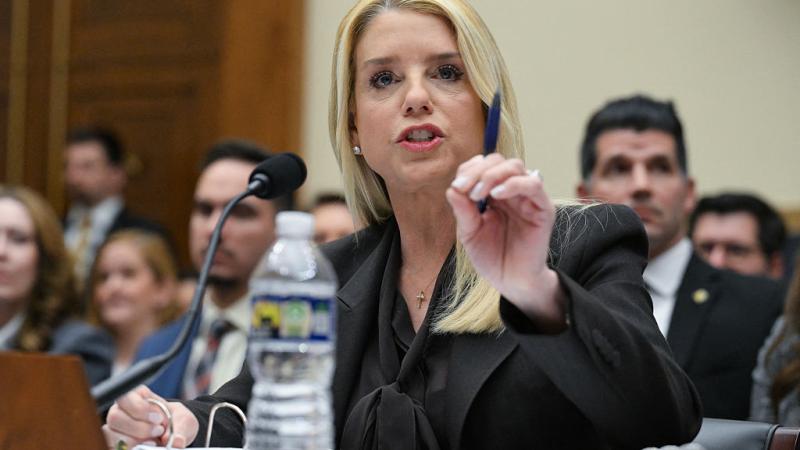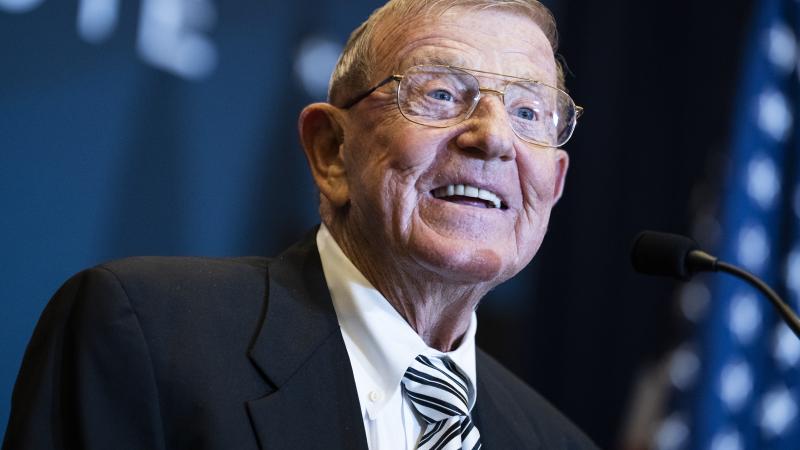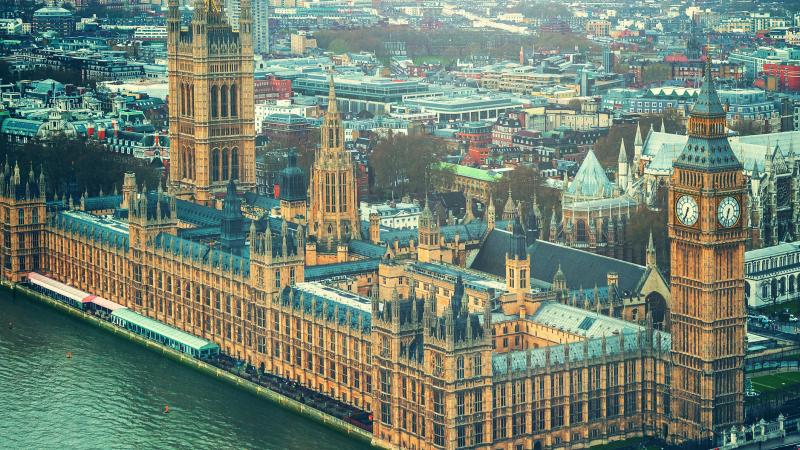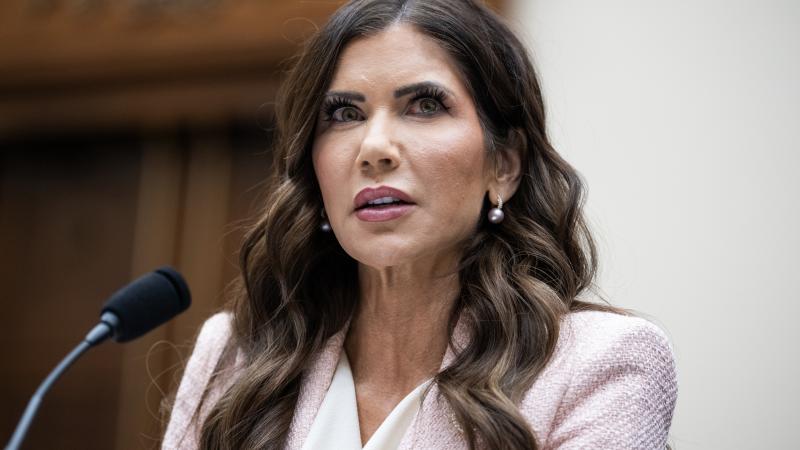Ohio, Alaska, Wyoming attorneys general want presidential immunity test
They believe setting a test is necessary because of the possibility of future criminal and civil prosecutions.
Three state attorneys general want the U.S. Supreme Court to establish a legal test for the limits of presidential immunity.
Ohio Attorney General Dave Yost, Alaska Attorney General Treg Taylor and Wyoming Attorney General Bridget Hill filed an amicus brief in former President Donald Trump’s immunity appeal on federal criminal charges.
They believe setting a test is necessary because of the possibility of future criminal and civil prosecutions.
Defining the extent of presidential immunity now, the brief says, would establish constitutional guardrails to guide future legal proceedings.
“A line of normal behavior has been crossed – the special counsel actually boasts in his own brief that a president has never before been criminally prosecuted,” Yost said in a news release. “In the same way that impeachment has apparently been normalized, it seems likely that we will see future cases in which a prosecutor charges a chief magistrate.”
In February, the Supreme Court agreed to decide to what extent a former president is immune from criminal prosecution for conduct involved in official acts during the former president’s tenure in office.
Yost said the framers of the Constitution “understood that a president cannot fulfill the oath of office without reasonable immunity from criminal charges. That immunity is very broad, but not unlimited – and the nation needs clear and steady-handed guidance from its highest court.”
In the brief, the AGs propose a two-factor legal test that courts would apply in cases examining questions of presidential immunity:
• How closely an alleged criminal action is linked to the president’s core powers under Article II of the Constitution. The test should examine the relationship between the action and the president’s official responsibilities; the closer an action relates to a core presidential power, the stronger the case for immunity.
• Whether the urgency of the situation warranted the president’s actions. The brief argues that times of heightened urgency, such as war, call for a greater degree of immunity for the president.














